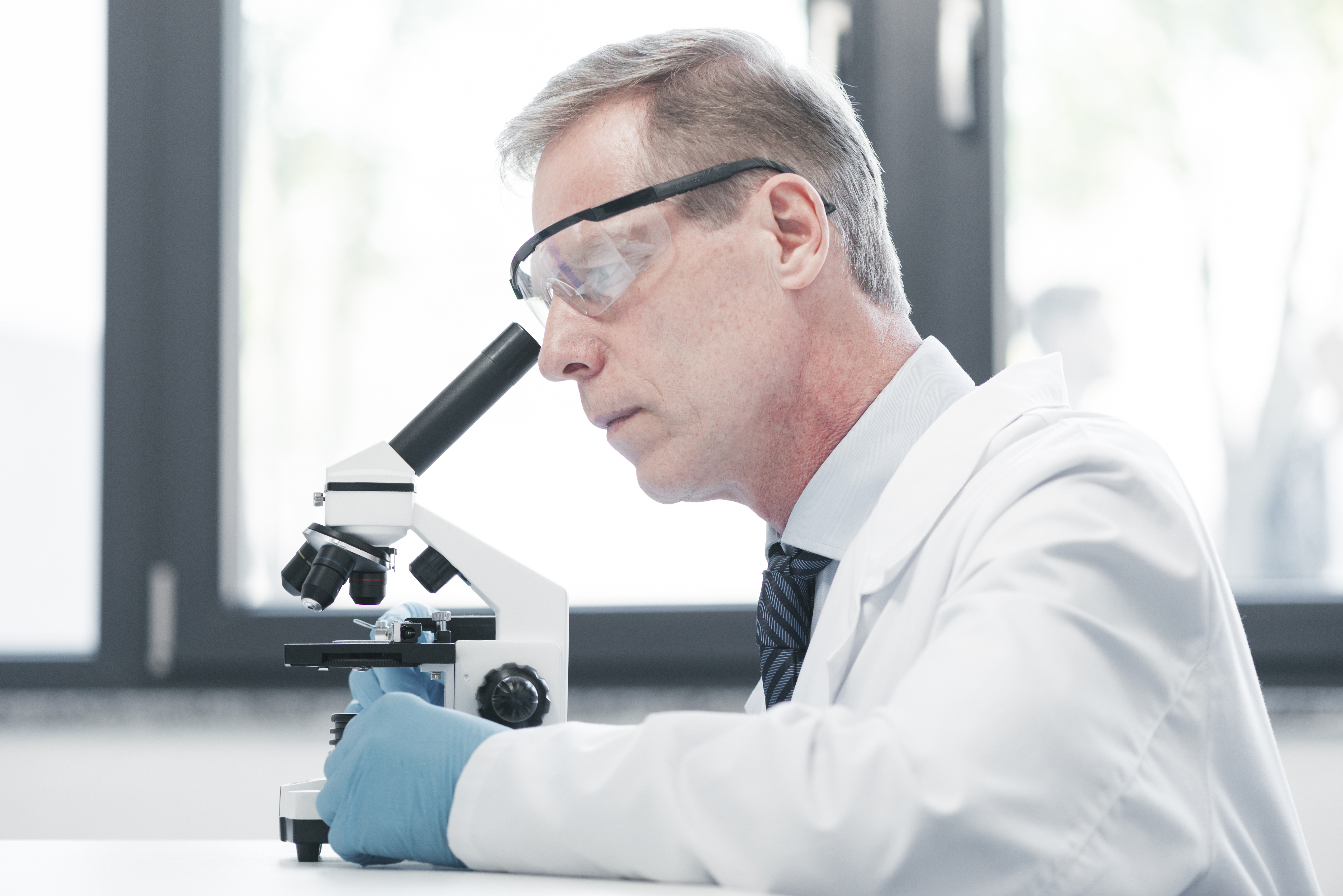Awards & Travel grants
Premios y becas de viaje



More than 70 scientific papers will be presented during the 16th ISHS Symposium on the Processing Tomato which will be held mainly during the second week of the online WPTC congress, with a few invited speakers talking during joint sessions during the congress week.
The ISHS Symposia on the Processing Tomato are a unique forum that focuses on addressing key scientific questions and issues related to the entire tomato processing sector, from field (production for industrial purposes, applied ecophysiology, agronomy, biotic and abiotic stress resistance, genetics applied to industrial food system) to fork (organoleptic and nutritional food quality, smart quality control processes, healthy food, high quality cultivars). Holding the scientific symposia alongside the WPTC congresses, helps bringing together academics, researchers and students with growers, processors and business professionals working in the processing tomato industry. This unique setup within the ISHS symposia has been a major success story ever since the first world processing tomato congress in Avignon (France) in 1989 and the creation of WPTC in 1998 at Pamplona (Spain).
The call for papers for this 16th Symposium attracted more than seventy abstract submissions from 18 different countries. This confirms the keen interest andenthusiasm the scientific community has for research in the fields of processing tomatoes.
The symposium program has been arranged into oral and poster sessions centred on the following major topics: “Crop management “, “Processing & Technology”, “Tomato and health” over five half days between Monday 28 March to Friday 1st April, between 2 pm and 6 pm UTC. A few symposium presentations have been included in joint sessions between Monday 21 March and Friday 25 march and particularly a whole session on “Consumption Revival by Health Promotion” on Thursday 24 March.
Tras la decisión de llevar el congreso y el simposio en línea debido a Covid-19, el simposio se reprogramó del lunes 28 de marzo al viernes 1 de abril de 2023, para evitar superposiciones entre las sesiones del congreso y el simposio y así permitir una mayor audiencia.
Se han aceptado un total de 65 resúmenes para presentación oral o en póster a través la convocatoria de artículos sobre los siguientes temas:
Full papers for most of the oral and poster presentations will be collated in a special issue of Acta Horticulturae which will be available directly from ISHS in a few months.
Full papers for most of the oral and poster presentations will be collated in a special issue of Acta Horticulturae which will be available directly from ISHS in a few months.



Co-Conveners:
Scientific Committee:
Symposium Secretary:
Co-Convocantes:
Comité Científico:
Secretario del simposio: